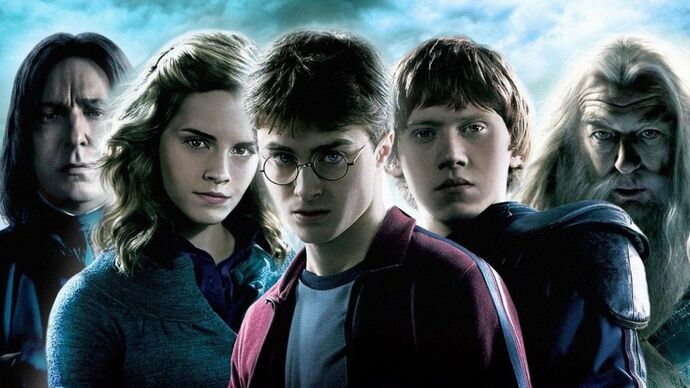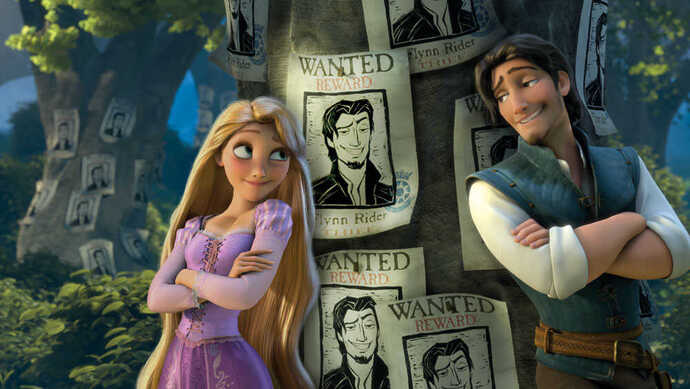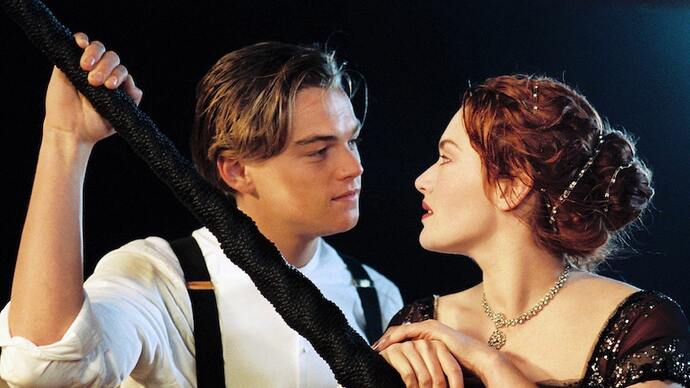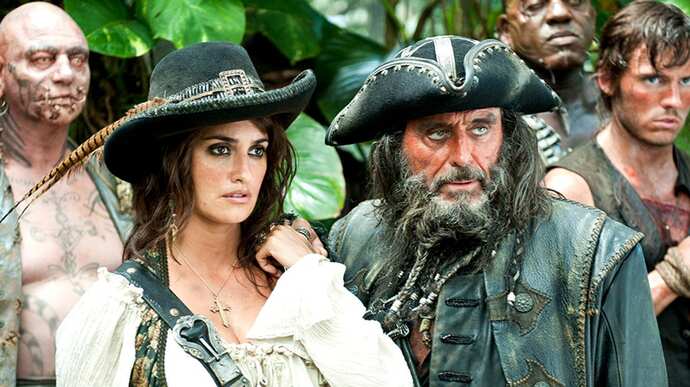The average Hollywood movie costs around $100 million to produce, and even indie movies require several million without any significant special effects. But then there are those films that are so insanely expensive that you wonder where all of that money went. Here are the most expensive films ever made, why they needed such budgets, and the limits they pushed.
10. Ben-Hur: A Tale of the Christ (1925)
“Opinions differ as to the casualty rate.” Those are the disturbingly nonchalant words of historian Kevin Brownlow as he discussed the production of Ben-Hur: A Tale of the Christ. We’re also adjusting for inflation, otherwise we’d be stuck with films only from the last decade. Filming in Rome under Mussolini’s National Fascist Party, the set was rife with conflict between fascist and anti-fascist extras, some of which went “missing” after a fire broke out on one Roman ship. Later, a stuntman died of internal injuries when a wheel fell off his chariot. Some catastrophe was expected in an action-packed epic film of this scale, especially back in the 1920s when movies weren’t evolved enough yet to even to have sound. But the leaked stories about Fred Niblo’s nightmare production are far from the usual hiccups. Of course, accidents like these cost money—not to mention the fact that shooting started in 1923 but had to start over from scratch. All adaptations of the 1880 novel by General Lew Wallace have been pricey, and William Wyler’s 1959 version of Ben-Hur is the most famous by far, but Fred Niblo’s takes the biscuit for costliness.
9. Hell’s Angels (1930)
Martin Scorsese’s The Aviator captured all the blood, sweat, tears, and money that went into the production of American billionaire Howard Hughes’s 1930 war epic Hell’s Angels. In The Aviator, Leonardo DiCaprio starred as Hughes and showed the businessman’s decline from bossing people around on set to locking himself in his room with crippling OCD. Hughes funneled all of his own money into Hell’s Angels, obsessively cutting and recutting it to perfection. Unfortunately for him, the three-year production and self-funded budget failed to recoup at the box office—even after Hughes restarted from scratch to add sound. The biggest budgetary drain on Hell’s Angels came from all the dogfighting scenes. As Scorsese’s biopic shows, Hughes was a huge aircraft fanatic and wanted the perfect planes for his movie, taken apart and rebuilt relentlessly. Plus, he wanted aerial shots from all angles, amounting to the use of 50 cameras for 87 different combat planes—back during a time when most studios only used a couple of cameras per movie!
8. No Time to Die (2021)
It’s no surprise that a James Bond movie would make its way onto this list. Most of them have operated with very large budgets, with the most recent installment coming in at a total of $250 million. On top of that, marketing for No Time to Die cost around an additional $100 million due to the challenges of COVID-19. No Time to Die was originally set to release in November 2019 but didn’t make it to theaters for another two years. That’s a long time to try and keep up the buzz! The 25th Bond movie (and likely last appearance of Daniel Craig as Bond) had to go out with a bang, and it made that happen through its combination of an amazing cast, Billie Eilish’s soundtrack, and lots of big explosions. Six months of filming around the globe will burn a hole in any studio’s pocket, but even after the challenges of getting this film to show in closed-down cinemas, it still made a decent box office return.
7. Cleopatra (1963)
A historical figure as grand as Cleopatra deserves a big-budget movie. Made during the peak Hollywood era for historical epics, director Joseph L. Mankiewicz pulled out all the stops to bring us the (supposed) life of the famous Queen of Egypt. Carlo Maria Franzero’s 1957 book—alongside the histories of Plutarch, Suetonius, and Appian—worked as the source material for this Oscar-nominated classic movie. Once principal photography began, the studio went over budget after just two months with only ten minutes of footage to show for it. The original director, Rouben Mamoulian, subsequently resigned and Mankiewicz took over. As if that weren’t enough, Cleopatra’s script had to be rewritten from scratch, and stars Elizabeth Taylor and Richard Burton made headlines with their affair. After a year of filming, Cleopatra nearly bankrupted the studio and ended up being the most expensive movie made at the time.
6. The Dark Knight Rises (2012)
Batman. Christopher Nolan. IMAX cameras. Pretty much everything about The Dark Knight film trilogy screams money. The priciest of the three was the final installment, costing a whopping $250 million to make. Compare that to The Dark Knight’s $185 million budget, and the fact that the latter is still more popular. Heath Ledger’s Joker is arguably the most famous supervillain performance in cinema, which gave Nolan more funds to play around with for the sequel—and he certainly used it. For context, Christopher Nolan was hesitant to produce a third movie after Heath Ledger’s tragic death in 2008, who had agreed to reprise his role in The Dark Knight Rises. What he ended up doing was introducing a whole new villain called Bane. Played by Tom Hardy, the character of Bane required a lot of stunt training. Combine that with Nolan’s penchant for real explosives, , practical effects, and IMAX cameras? That’s, like, the most expensive camera he could choose…!
5. Avatar (2009)
James Cameron’s Avatar film series remains one of the most expensive, most CGI-heavy franchises around. Technically, the sequel cost slightly more than the original to make, but Avatar’s production budget blew minds in 2009. This wasn’t the first time James Cameron pushed film production to new heights, but Avatar stands out for how it broke ground with its new visual effects from Wētā FX. Cameron originally wrote the movie treatment back in the 90s, but technology wasn’t advanced enough to realistically create an other-worldly tribe of blue humanoids. Avatar also made use of new-at-the-time 3D motion capture. Luckily, it all paid off. After four years in production, Avatar became the highest-grossing movie in history—until Marvel knocked its place a decade later. Still, a decade is impressive!
4. Harry Potter and the Half-Blood Prince (2009)
Starting as one of the most popular young adult book franchises to becoming one of the most popular movie franchises, everybody on the planet has at least heard of Harry Potter. Author J. K. Rowling was praised for the immense detail that textured her imaginary wizarding world, something that felt almost impossible to translate onto the big screen. Almost. Four directors and $1.4 billion later, viewers across the globe are crazy obsessed with the magical lands of Hogwarts and beyond. Wizards, goblins, mermaids, Death Eaters, werewolves, flying cars… these aren’t cheap to depict on screen—especially not with animatronics, which Warner Bros always preferred for that rustic, authentic feel that Harry Potter became known for. Warner Bros still offers a studio tour in London to see all the sets, models, wardrobes, and moving parts. One foot in there and you’ll be blown away by how much went into adapting the franchise!
3. Tangled (2010)
Animation films are notoriously long and complex to make, and you probably knew that already—but what you likely didn’t expect is for Tangled to be the animated movie on this list. Between hand-drawn animation and CGI effects, the budget for Tangled crossed over the $260 million line. Animators for Tangled had to work 140,000 individual hairs into each shot—and that’s just Rapunzel’s hair. There were also dozens of other characters who weren’t bald. When production started in 2002 with the working title Rapunzel Unbraided, the film was initially meant to have a Shrek-like tone and approach to humor. Multiple rewrites and supervisors later, the princess had been revamped and contemporized. It became clear that Tangled would end up being the most expensive animated film ever made. Fortunately, viewers fell in love with the doe-eyed princess and the film grossed twice its total budget.
2. Titanic (1997)
Although Titanic didn’t cost as much as Avatar to produce in nominal dollars, it was a hell of a lot for the 1990s. That becomes crystal clear when you adjust it to today’s dollars. James Cameron actually put Avatar aside to work on this legendary disaster epic, which garnered 14 Oscar nominations with 11 wins. A fictional retelling of the infamous 1912 sinking of the Titanic, you might be surprised to learn that the underwater footage of the shipwreck is real. You can see how that might be expensive. If you watch Titanic today, you might be able to spot the faint outline of a green screen now that we’re so used to impeccable CGI, but in 1997 it was almost as impressive as the dinosaurs in Jurassic Park. Cameron reconstructed a model ship of the Titanic for filming, which sounds expensive enough—and then you have to consider all the water they bought, plus all the water protection for cameras. And if that weren’t enough, production didn’t go so smoothly on set. Between drugged soup, hospitalized crew, and water-induced flus, the intended 138 days of shooting swelled to 160 days. But some might say it was worth it, given that Titanic remains one of the top three highest-grossing movies to this day.
1. Pirates of the Caribbean: On Stranger Tides (2011)
Pirates of the Caribbean: On Stranger Tides certainly isn’t the best (or most profitable) film of the swashbuckling pirate franchise, but it was the most expensive to produce. In fact, it still officially reigns to this day as the most expensive movie to be made… of all time. Quite shocking given its poor reception. Despite a tight shooting schedule that took place in Hawaii and the UK for tax purposes, how did Pirates of the Caribbean: On Stranger Tides still manage to cost so much to make? Directed by Rob Marshall, 895 people were hired to help bring the colossal, ship-wrecking movie to fruition. The cast included big names like Johnny Depp, Penélope Cruz, and Ian McShane, and was the first to be shot almost entirely using 3D cameras. Luckily, Pirates of the Caribbean: On Stranger Tides grossed just over $1 billion worldwide, making it successful enough to secure a sequel.
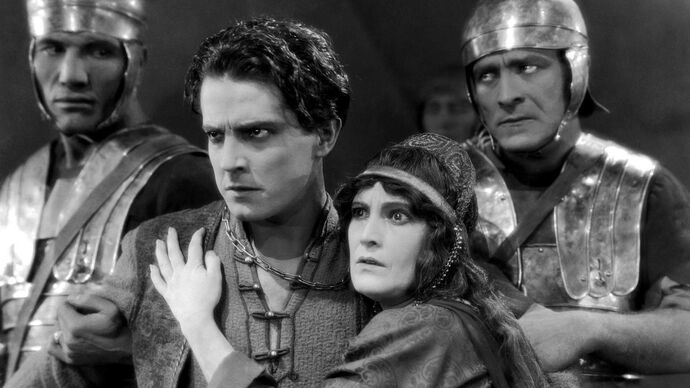

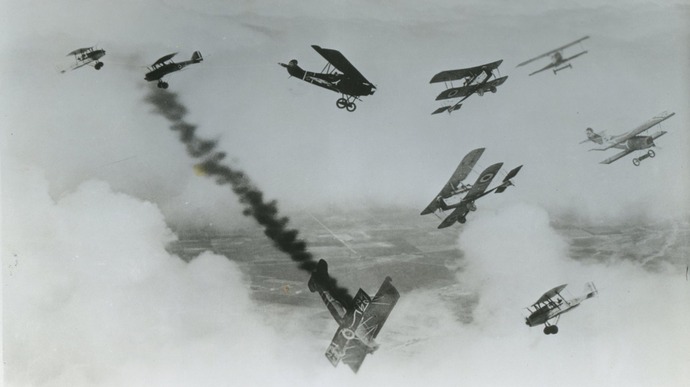
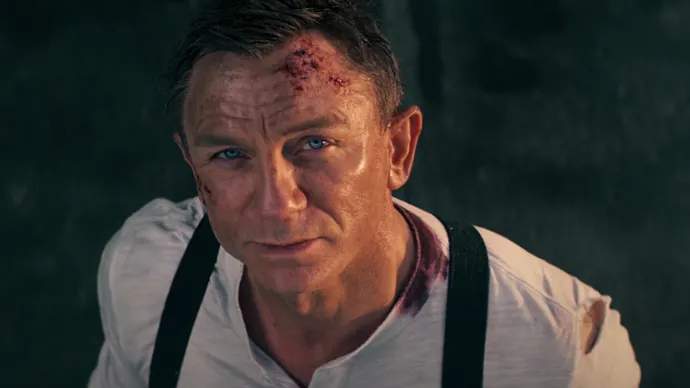
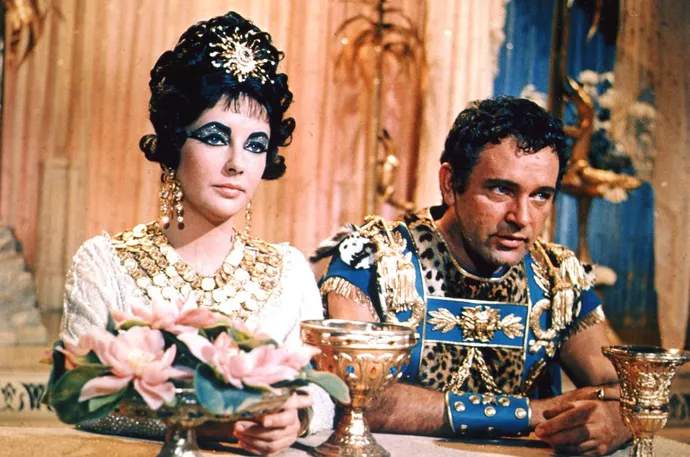

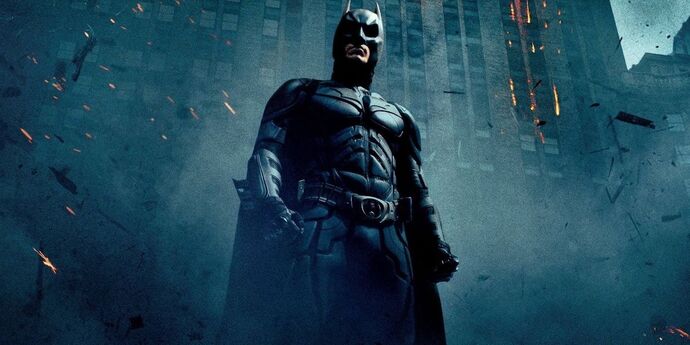

![]()
![]()
